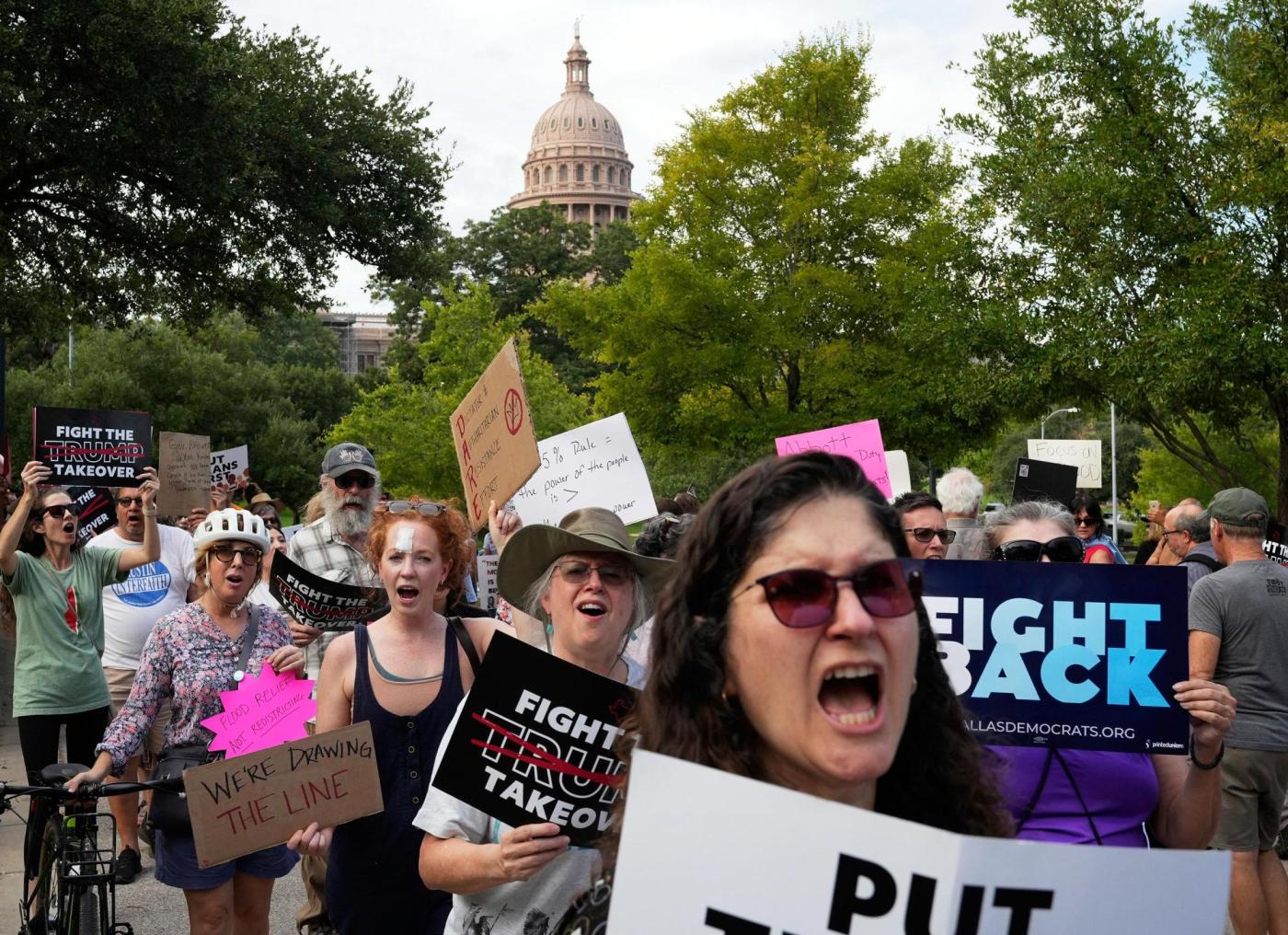New York Governor Kathy Hochul has expressed deep concern over the implications of gerrymandering, particularly in relation to a recent initiative in Texas. She stated, “This is war. We are at war,” highlighting the escalating tensions surrounding political boundaries and their impact on democratic engagement.
Gerrymandering’s Impact on Political Engagement
Gerrymandering, the manipulation of electoral district boundaries to favor one party over another, has long been criticized for undermining democratic processes. Hochul’s comments come in light of ongoing discussions about the consequences of redistricting initiatives, which disproportionately dilute the voting power of certain populations. Each adjustment to congressional districts can render thousands of votes insignificant, effectively stifling diverse political opinions.
Particularly in Maryland, the effects of gerrymandering have raised alarms. The state has faced scrutiny for its practices, especially regarding the recent decision to merge red-leaning areas of Western Maryland with the more liberal Montgomery County. This move has been interpreted as a clear signal to residents of Garrett County that their votes may not carry weight in a district designed to favor a specific political agenda.
Texas and the Future of Congressional Control
In Texas, officials are advancing plans that critics say will further entrench Republican dominance in congressional elections. The state aims to solidify its power ahead of the upcoming 2026 midterms, raising concerns about the long-term effects on national politics. As Hochul pointed out, such actions represent a significant shift toward divisiveness, prompting calls for a reevaluation of current practices.
“Red or blue, no one ought to accept this blatant cancer on American politics,” wrote Scott Rippey, a commentator from New Market, expressing a sentiment shared by many who fear the ramifications of gerrymandering.
The urgency of addressing these issues is underscored by the idea that a fractured political landscape can lead to further polarization. As Hochul emphasized, “United we stand; divided we fall.” The ongoing discourse around gerrymandering has ignited a broader conversation about the integrity of electoral systems and the need for reform to ensure fair representation.
As the debate continues, it remains crucial for voters and policymakers alike to engage actively in discussions about gerrymandering. The implications of these practices extend beyond political lines, affecting the very foundation of democratic participation across the nation.





































































